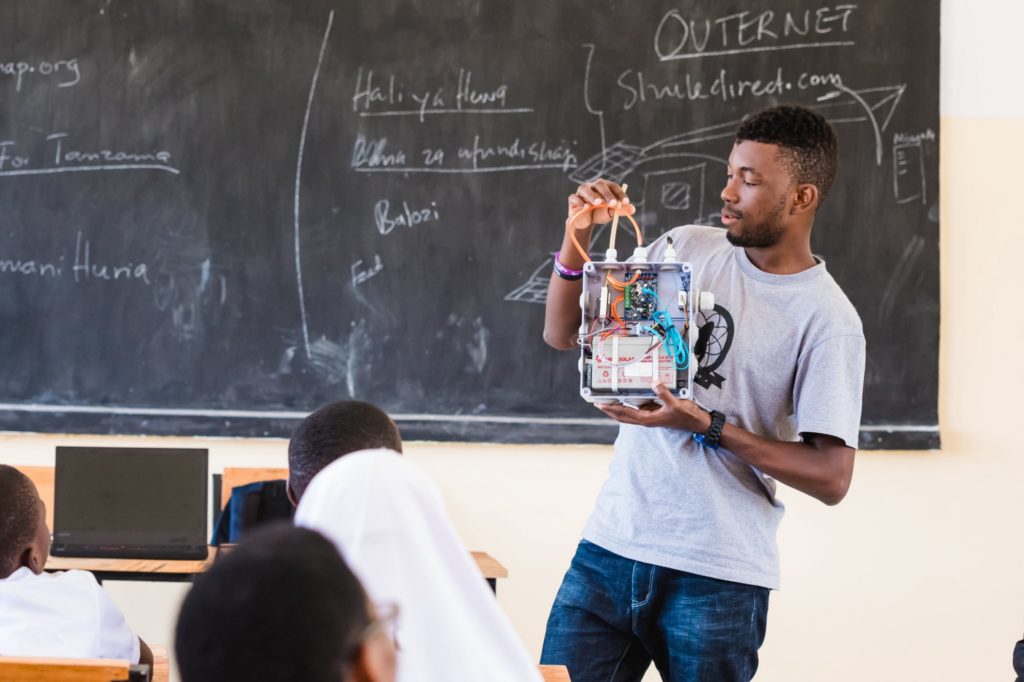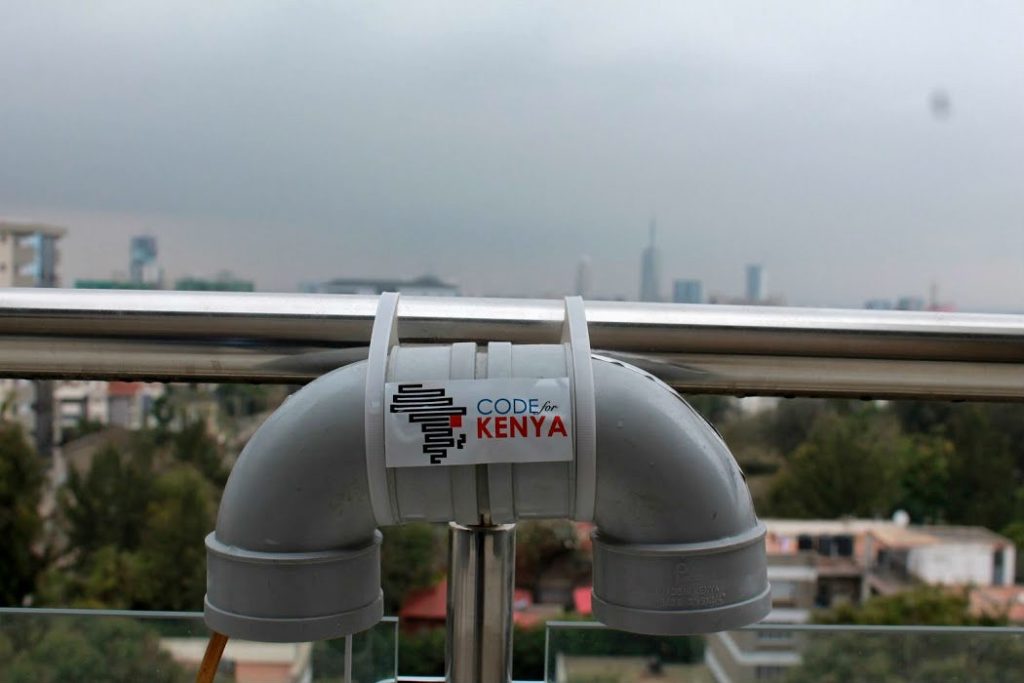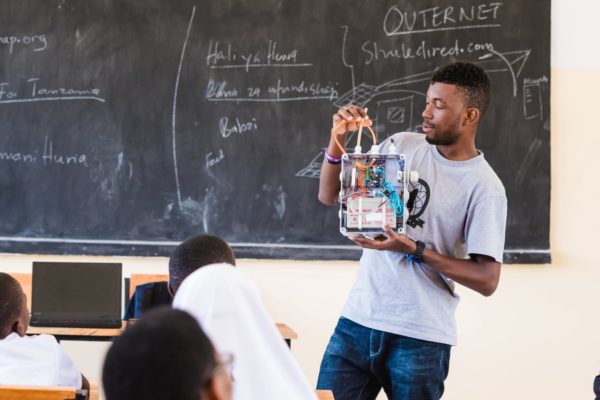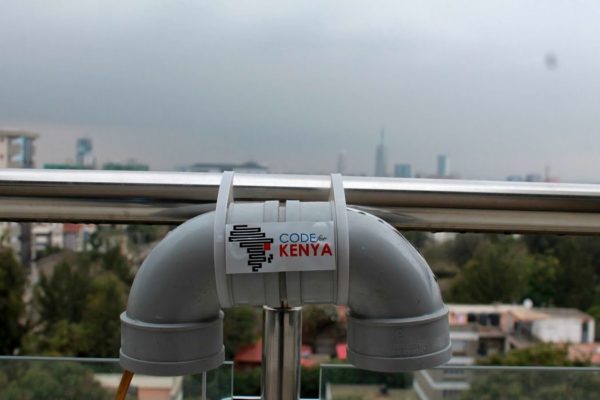Code for Africa, Africa’s largest data journalism and civic technology initiative, is operating socalled CitizenLabs across the continent to help fast-track digital innovation. The initiative believes that the problem stated above is an issue of supply versus demand. From their point of view, much of the focus by the civic technology movement to date has been on governments and activists pushing data and services at citizens, rather than listening to what citizens really want or need.
Code for Africa’s mission derives from a structural observation: Most open data and civic technology initiatives are government or activist/lobbyist led initiatives designed to strengthen government to improve the quality of services provided to citizens. The initiative takes a different approach, framing itself as a people-driven movement that aims to empower active citizenry and strengthen civic watchdogs to help government shape and improve its services to citizens. This approach is reflected in how Code for Africa is designed: the initiative is driven and co-funded by grassroots citizen organizations and the mass media and is focused primarily on building civic technology capacity within civil society and the watchdog media.
Liberating Data and Sharing Skills
Code for Africa’s program is based on 4 pillars: Data Liberation, Data Skills, Data Fellowships, and Data Tools. A priority is to digitize and liberate data, turning ‘deadwood’ paper archives into a digital resource as openAFRICA, or building APIs to access existing data. This includes going beyond government data, by hosting DataLiberation Scraperthons or supporting scraping projects such as sourceAFRICA, to unlock the knowledge held in academia, the media, civil society, and citizen groups. Consequently, the initiative also runs comprehensive seminars, skills bootcamps and hackathons in order to enable citizens to actually use the freed data creating digital tools.
One of their projects, sensors.AFRICA, aims to improve actionable information about pollution levels in cities. The project states that air and water pollution kill millions of Africans every year. By using low-cost sensor technology to identify and monitor toxic hotspots, so that citizens have actionable information and watchdogs have the evidence they need to hold the culprits accountable, they aim to change the situation. Code for Africa has collected sensor stories across Africa to share the insights of citizens and journalists. All created data is freely accessible to the public, and so is the sensor firmware. Air quality sensors have been installed in 4 countries so far: Kenya, Nigeria, South Africa and Tanzania, located in Nairobi, Lagos, Cape Town, Durban and Dar es Salaam. The data is aggregated and displayed on a live map, and the data is available in an online archive.



